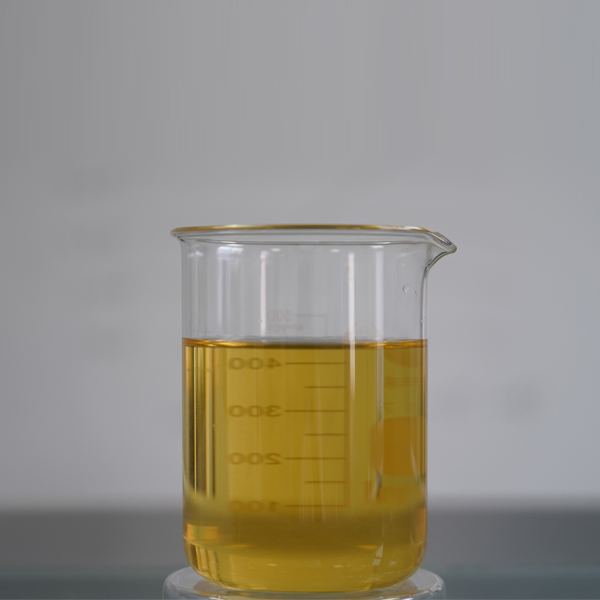
News
Oct . 30, 2024 19:09 Back to list
ca edta chelation quotes
Understanding Calcium-EDTA Chelation Mechanisms and Applications
Calcium-EDTA (Ethylenediaminetetraacetic acid) chelation therapy is a clinical and environmental technique that has garnered attention due to its ability to bind heavy metals and facilitate their excretion from the body or the environment. This article will explore the mechanisms behind Calcium-EDTA chelation, its applications, and its significance in medical and environmental fields.
Understanding Calcium-EDTA Chelation Mechanisms and Applications
In medical applications, Calcium-EDTA has been recognized for its role in treating lead poisoning. After administration, Calcium-EDTA swiftly binds lead in the bloodstream. The lead-EDTA complex is then excreted through the kidneys, reducing the overall toxic burden in the body. This therapeutic approach not only alleviates the symptoms of poisoning but also helps prevent long-term health issues associated with heavy metal exposure, such as neurological damage and developmental delays in children.
ca edta chelation quotes

Moreover, the application of Calcium-EDTA extends beyond human health. In agriculture and horticulture, chelation is used to improve the availability of essential nutrients. By chelating certain nutrients, Calcium-EDTA enhances their solubility and facilitates better absorption by plants. This practice is particularly beneficial in soils with high pH or where nutrient availability is limited. As a result, chelation using Calcium-EDTA can lead to improved crop yields and healthier plants.
In environmental contexts, Calcium-EDTA serves as a valuable tool for soil remediation, particularly in contaminated sites. It can be applied to mobilize heavy metals from contaminated soils, making them more accessible for extraction or stabilization. This bioremediation approach can significantly reduce environmental hazards and restore land for safe agricultural or recreational use.
However, the use of Calcium-EDTA and other chelating agents must be approached with caution. While they play a critical role in detoxifying heavy metals, indiscriminate usage could lead to the leaching of essential nutrients from the soil or unintended consequences for soil microbiota. Additionally, while medications like Calcium-EDTA are effective for treating poisoning, they should always be administered under medical supervision to avoid complications, such as the potential loss of essential minerals from the body.
In conclusion, Calcium-EDTA chelation presents a multifaceted approach to addressing heavy metal toxicity in both human health and environmental remediation. By understanding the mechanisms and applications of this chelation therapy, we can better appreciate its significance in treating toxic exposures and improving soil health for sustainable agriculture. As science advances, continued research will hopefully refine these applications and explore new avenues for effective chelation strategies.
-
Polyaspartic Acid Salts in Agricultural Fertilizers: A Sustainable Solution
NewsJul.21,2025
-
OEM Chelating Agent Preservative Supplier & Manufacturer High-Quality Customized Solutions
NewsJul.08,2025
-
OEM Potassium Chelating Agent Manufacturer - Custom Potassium Oxalate & Citrate Solutions
NewsJul.08,2025
-
OEM Pentasodium DTPA Chelating Agent Supplier & Manufacturer High Purity & Cost-Effective Solutions
NewsJul.08,2025
-
High-Efficiency Chelated Trace Elements Fertilizer Bulk Supplier & Manufacturer Quotes
NewsJul.07,2025
-
High Quality K Formation for a Chelating Agent – Reliable Manufacturer & Supplier
NewsJul.07,2025
